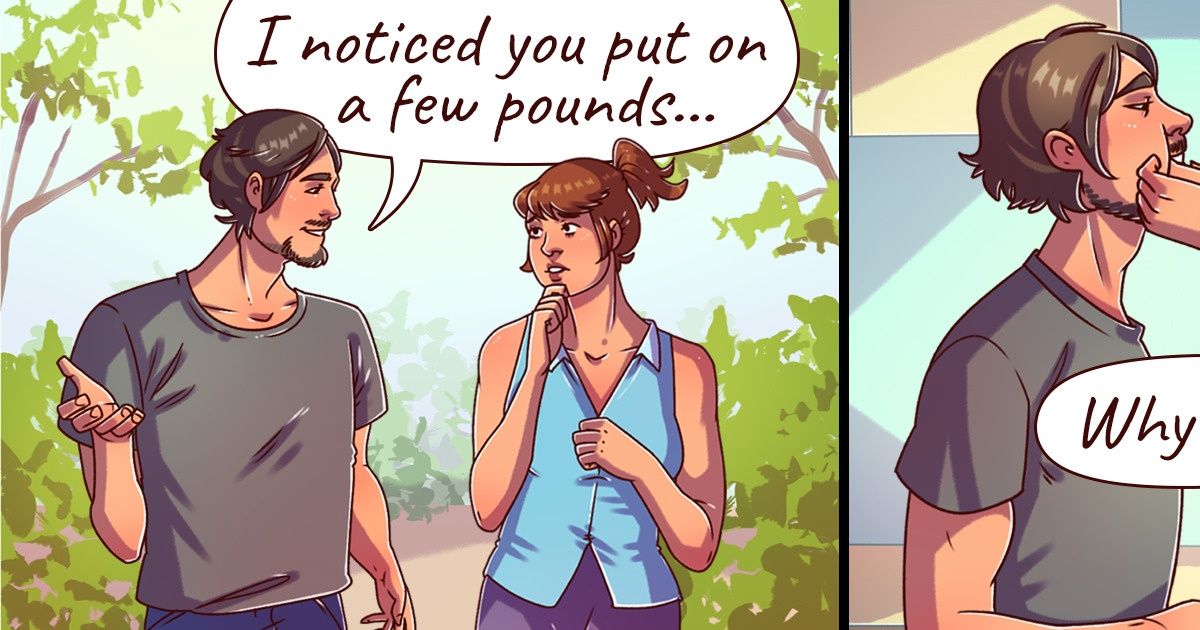If you’ve ever wondered why you sometimes feel closer to a friend who’s a little mean to you, but for whatever reason makes you extremely comfortable, then trust your gut. Friends who can be brutally honest, mean, and cause negative feelings are the ones who really care about you, according to science, and you should keep them close.
We found research that explains how our meanest friends love us the most.

If you’ve ever had a close friend who made you uncomfortable with a situation you might be in and you think the way they are treating you is insensitive, then maybe they do it on purpose.
According to research published in the Association for Psychological Science, some close friends may intentionally impose negative feelings on their best friends because they believe those negative feelings will benefit them in the long run. And the real reason they make you feel that way is that they care.
Belén López-Pére, the lead scientist who conducted the research, explains how people can become cruel to be nice and that making someone feel worse in a bad situation comes from a good place.

Their basic hypothesis was to encourage research participants to imagine being in someone else’s situation and to predict how they would react if they were in their shoes. The researchers assumed that participants would choose the most negative experience to teach and help people learn and achieve their goals.
To test their hypothesis, they recruited 140 adults to participate in a laboratory study that involved playing a computer game with an anonymous partner (known as “Player A”) and they were “Player B”. However, what they didn’t know was that “Player A” didn’t really exist.

Just before the game started, everyone received a note from “Player A” saying that he broke up and was heartbroken. The participants were then asked to imagine how Player A felt and play the game as if Player A were the protagonist.
During this study, some of the participants were asked to sympathize with how “Player A” felt, while the rest of the participants were asked to remain emotionally distant.
Then the participants were divided into 2 different teams. Half of them were playing a first-person shooter game called Soldier of Fortune, where their goal was to get rid of as many enemies as they could. The other half were asked to play a first-person game called Escape Dead Island, where the goal was to escape from a room full of zombies.

After the game ended, the participants were exposed to certain songs and clips with descriptions that had different levels of emotional concern. Then, they were asked at what level between 1 and 7 they wanted their co-players (Player A) to listen to and read the description of each of these clips.
The results indicated that participants who sympathized with Player A’s feelings attempted to elicit strong emotions in their playmate that depended on the full purpose of the game. To be more specific, the participants identified with the emotions of “Player A” and played the first-person shooter game focused on generating more anger in their “co-player” through the music and videos they chose to expose.
In addition, participants who played the zombie game in the first person focused on creating more fear in their partner, choosing the most exciting music and clips to show them.

This research found that people who had empathy for Player A wanted to generate stronger negative emotions as a way to hide any hurt feelings they might have due to their broken hearts.
Also, stronger negative emotions during the game suggested a higher success rate towards the end of the video, meaning that Player A felt a sense of accomplishment and satisfaction when he won.
What do you think of this survey? Do you also have friends who may be mean but want the best for you? Please let us know in the comments below.









